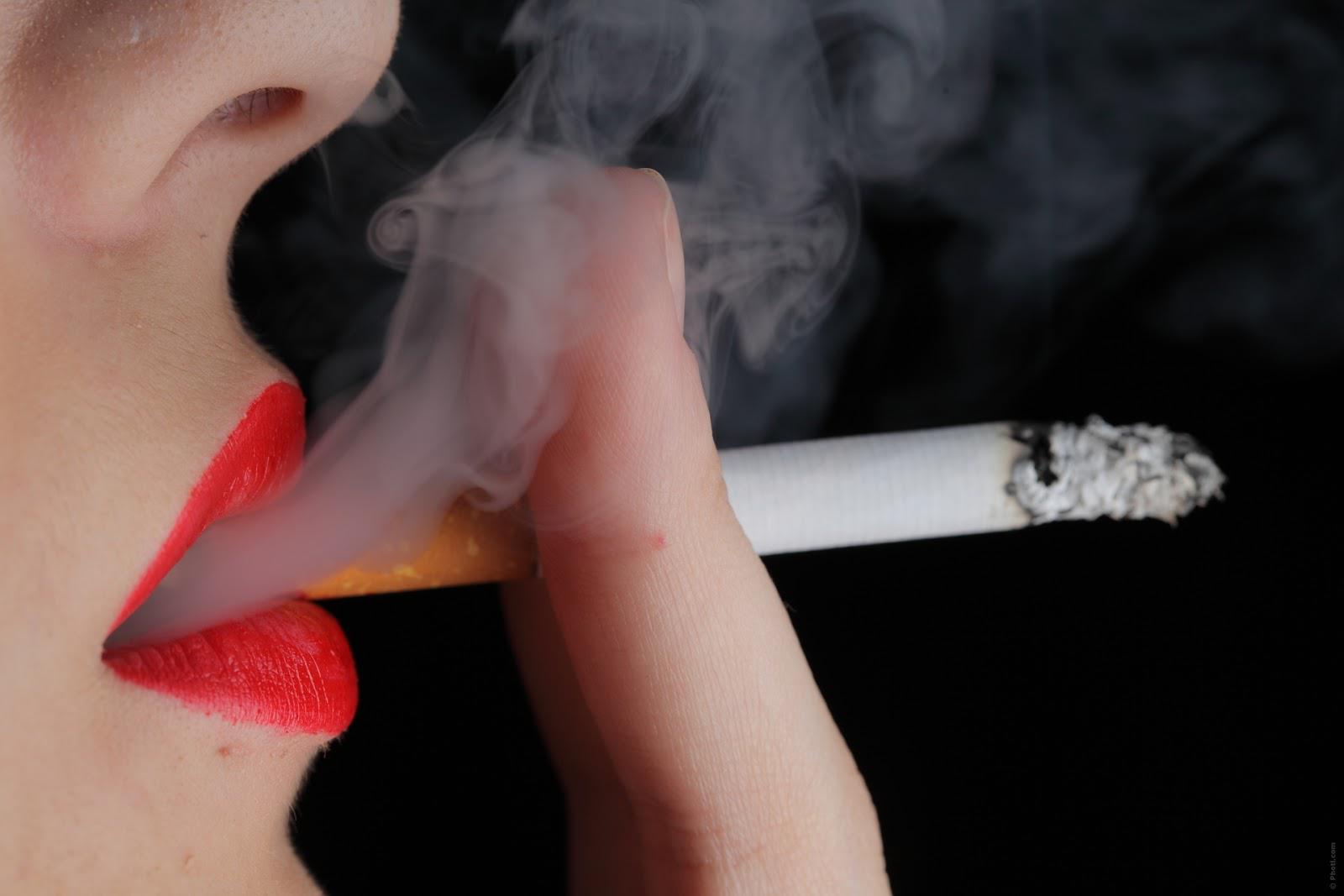How Do We Cover Up Our Emotions?

The emotions we call negative are usually followed by certain behaviors or actions to remove that emotional state. It is a strategy that we human beings use quite a lot and it works very well in the short term because it generates relief and frees us from the uncomfortable physiological symptoms of emotions.
The problem is what happens in the long term. When the solution is only a patch put on hastily due to the urgent need to get rid of the problem. These behaviors are responsible for the problem being maintained over time and, when we least expect it, the flimsy barrier that we have put up breaks down.
Examples of these behaviors may be binge eating after an anxiety attack, desperately calling your partner in a jealous rage to make sure of where they are, taking drugs or gambling large amounts of money.
Tolerance of emotions
In psychology, we usually explain to patients, and make sure they understand perfectly, that their conduct, in addition to negative thoughts, are responsible for their problems. Until these behaviors stop, the emotional damage will remain.
People, as a rule, reject this theory because it is very difficult to tolerate emotion: letting it be, feeling it. The symptoms are so unpleasant sometimes that we do everything possible not to feel it. Even though we are aware that afterwards we may find ourselves in an even more delicate situation.
Humans are hedonistic short term. Meaning, we try to avoid pain and seek pleasure or immediate gratification at any cost, without thinking of the consequences.

For example, there are some people that get very anxious because their their thoughts are too exaggerated. This can result in them engaging in a hypercaloric binge.
Clearly the binge eating will not solve the situational problem. In fact, it will create a new problem if the person gets used to carrying out this dynamic.
Thus, tolerating intense anxiety is more complicated than the alternative option of giving a quick and ill-considered solution. In fact, the behavioral pattern can get so entrenched that, at the slightest hint of stress, the person is already exploring the refrigerator or cabinets to put something in their mouth.
It would have been ideal to carry out an alternative behavior with anxiety, such as deep breathing, analyzing the problem well, finding solutions and alternatives, thinking more rationally and carrying out the chosen solution. Yes, tolerating that we feel anxious.
Anxiety is an emotion that acts physiologically as a curve: it increases to a ceiling beyond which begins to descend if we do not block it with the cover we are talking about.
Some forms of covering up emotions
Everyone at some point has covered up their emotions to suffer less and even for momentary relief. If it does not become a habit it is not so problematic.
Some ways we cover our emotions may be:
Food
Food has a very reinforcing power for people by the pleasure it offers besides eliminating hunger. On the other hand, a binge, especially of sweet and fattening foods, can make us believe that our anxiety is reduced and even eliminated. Thus, we can carry out the tendency of easing our emotional states with food, something that can logically cause us to develop a serious eating disorder.
Drugs
Drugs, like food, are also active in the pleasure and reward centers by releasing dopamine in our brain that makes us feel good in a short period of time.
Tobacco, hashish, alcohol and other drugs work as a very powerful emotional shock. People with low frustration tolerance are very likely to fall into a drug problem.

Pathological gambling
Like previous examples, pathological gambling is a reward even if we lose more money than we earn. The expectation of winning keeps us alert and motivated, it distracts us from our worries and helps us escape momentarily. Afterwards, if we lose, the problem may be even greater.
Inactivity
Very typical in depression. In order to not suffer any more and free themselves from effort, people, “stop living”, become inactive at home, cancel leisurely plans and in the worst case even need to ask for sick leave.
Unassertiveness
Being very aggressive in regards to behavior or being very submissive and yielding to everything are two behaviors that free us from conflict with others. Being aggressive because we urge others to do what we want and in the short term, we usually get it; while being passive we take the guilt that could lead us to defend our rights.

Reassurance
Peeking at our partner’s phone, making sure we have turned off the gas a thousand times or doing tons of medical tests are behaviors that also free us from anxiety. We take extra precautionary measures because we think something threatening might happen, even though it is not very realistic.
There are other safety behaviors like carrying a bottle of water in case of a panic attack, always having a blood pressure cuff nearby or giving a lecture with a good-luck charm.
Self-Deception: Lies That Sustain Us
There are lies that sustain us and serve us as a wildcard to avoid contact with a reality that drowns us. Self-deception is … More »
The emotions we call negative are usually followed by certain behaviors or actions to remove that emotional state. It is a strategy that we human beings use quite a lot and it works very well in the short term because it generates relief and frees us from the uncomfortable physiological symptoms of emotions.
The problem is what happens in the long term. When the solution is only a patch put on hastily due to the urgent need to get rid of the problem. These behaviors are responsible for the problem being maintained over time and, when we least expect it, the flimsy barrier that we have put up breaks down.
Examples of these behaviors may be binge eating after an anxiety attack, desperately calling your partner in a jealous rage to make sure of where they are, taking drugs or gambling large amounts of money.
Tolerance of emotions
In psychology, we usually explain to patients, and make sure they understand perfectly, that their conduct, in addition to negative thoughts, are responsible for their problems. Until these behaviors stop, the emotional damage will remain.
People, as a rule, reject this theory because it is very difficult to tolerate emotion: letting it be, feeling it. The symptoms are so unpleasant sometimes that we do everything possible not to feel it. Even though we are aware that afterwards we may find ourselves in an even more delicate situation.
Humans are hedonistic short term. Meaning, we try to avoid pain and seek pleasure or immediate gratification at any cost, without thinking of the consequences.

For example, there are some people that get very anxious because their their thoughts are too exaggerated. This can result in them engaging in a hypercaloric binge.
Clearly the binge eating will not solve the situational problem. In fact, it will create a new problem if the person gets used to carrying out this dynamic.
Thus, tolerating intense anxiety is more complicated than the alternative option of giving a quick and ill-considered solution. In fact, the behavioral pattern can get so entrenched that, at the slightest hint of stress, the person is already exploring the refrigerator or cabinets to put something in their mouth.
It would have been ideal to carry out an alternative behavior with anxiety, such as deep breathing, analyzing the problem well, finding solutions and alternatives, thinking more rationally and carrying out the chosen solution. Yes, tolerating that we feel anxious.
Anxiety is an emotion that acts physiologically as a curve: it increases to a ceiling beyond which begins to descend if we do not block it with the cover we are talking about.
Some forms of covering up emotions
Everyone at some point has covered up their emotions to suffer less and even for momentary relief. If it does not become a habit it is not so problematic.
Some ways we cover our emotions may be:
Food
Food has a very reinforcing power for people by the pleasure it offers besides eliminating hunger. On the other hand, a binge, especially of sweet and fattening foods, can make us believe that our anxiety is reduced and even eliminated. Thus, we can carry out the tendency of easing our emotional states with food, something that can logically cause us to develop a serious eating disorder.
Drugs
Drugs, like food, are also active in the pleasure and reward centers by releasing dopamine in our brain that makes us feel good in a short period of time.
Tobacco, hashish, alcohol and other drugs work as a very powerful emotional shock. People with low frustration tolerance are very likely to fall into a drug problem.

Pathological gambling
Like previous examples, pathological gambling is a reward even if we lose more money than we earn. The expectation of winning keeps us alert and motivated, it distracts us from our worries and helps us escape momentarily. Afterwards, if we lose, the problem may be even greater.
Inactivity
Very typical in depression. In order to not suffer any more and free themselves from effort, people, “stop living”, become inactive at home, cancel leisurely plans and in the worst case even need to ask for sick leave.
Unassertiveness
Being very aggressive in regards to behavior or being very submissive and yielding to everything are two behaviors that free us from conflict with others. Being aggressive because we urge others to do what we want and in the short term, we usually get it; while being passive we take the guilt that could lead us to defend our rights.

Reassurance
Peeking at our partner’s phone, making sure we have turned off the gas a thousand times or doing tons of medical tests are behaviors that also free us from anxiety. We take extra precautionary measures because we think something threatening might happen, even though it is not very realistic.
There are other safety behaviors like carrying a bottle of water in case of a panic attack, always having a blood pressure cuff nearby or giving a lecture with a good-luck charm.
Self-Deception: Lies That Sustain Us
There are lies that sustain us and serve us as a wildcard to avoid contact with a reality that drowns us. Self-deception is … More »
This text is provided for informational purposes only and does not replace consultation with a professional. If in doubt, consult your specialist.







